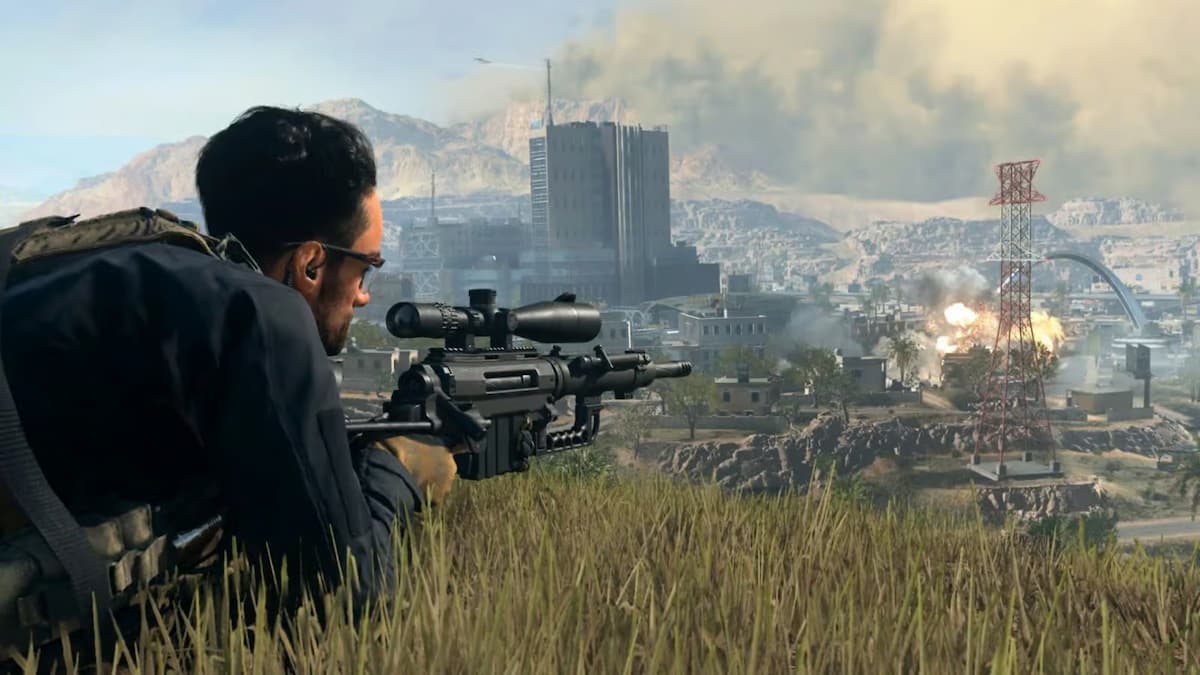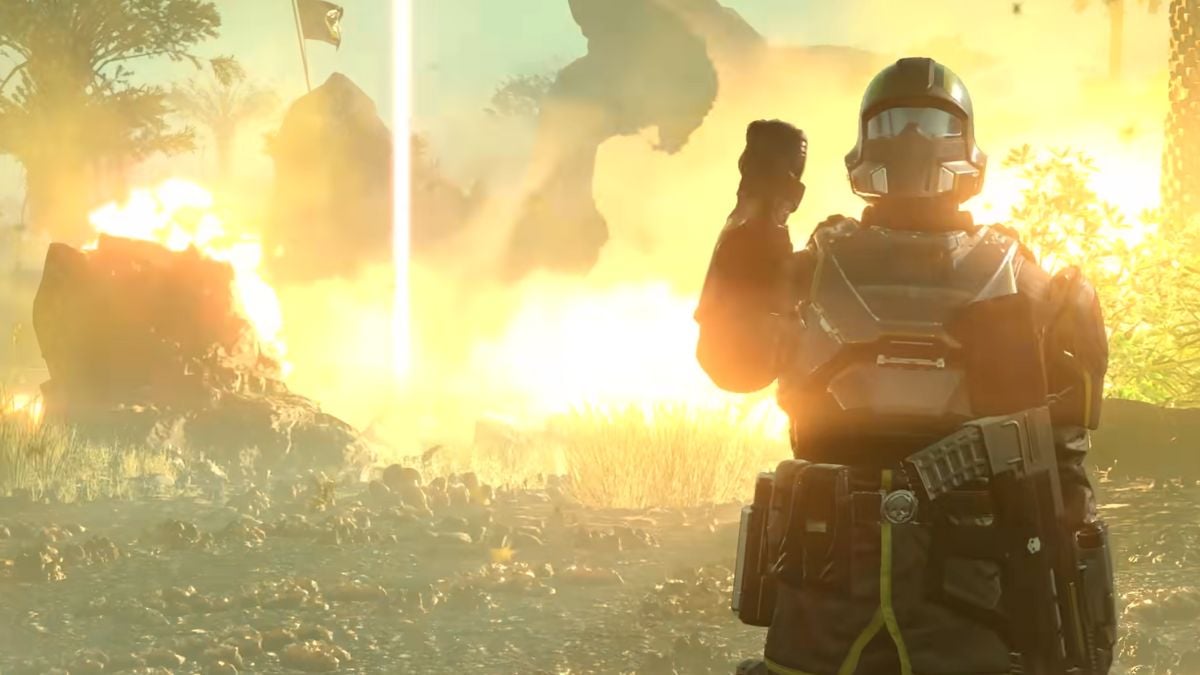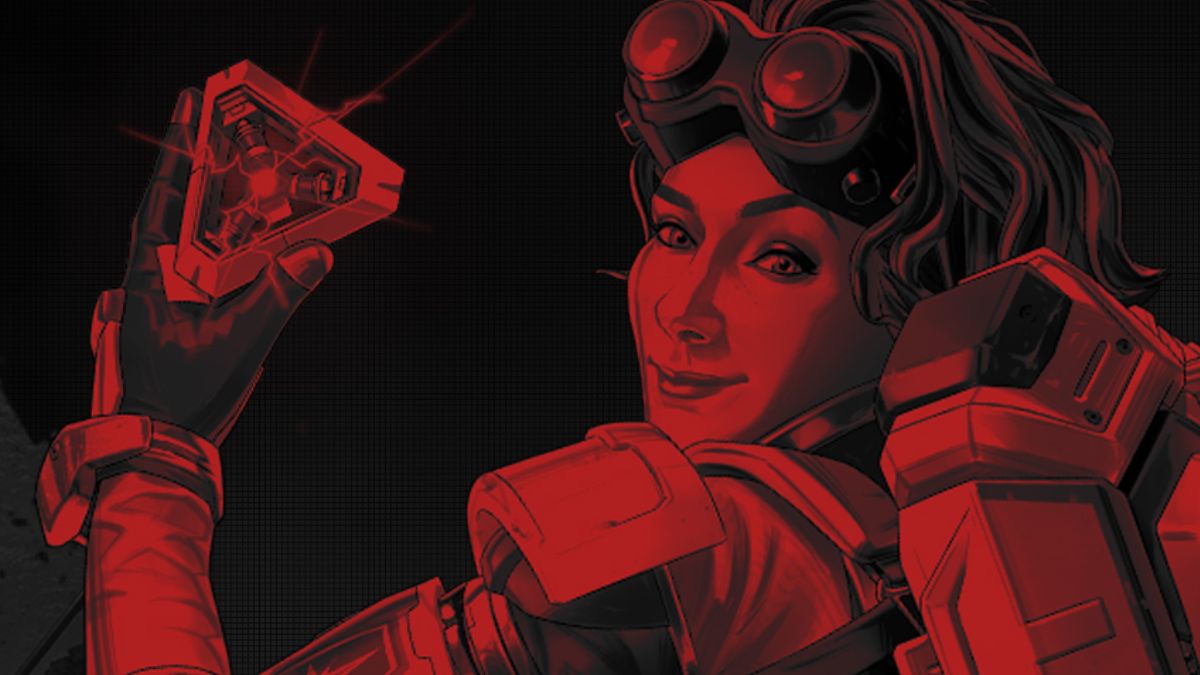Jingle bells, Batman smells, GameStop’s here to stay?
If my obsession with Lumines: Electronic Symphony has taught me anything, it’s that the future of the future will still contain the past (and that time goes slow, time goes fast). I didn’t buy Electronic Symphony at a GameStop, GameStop-owned EB Games, or any other brick and mortar storefront. Like a civilized man of the 21st century, I downloaded it straight to my Vita — at a mildly reduced price and sans San Francisco’s ten percent sales tax. I embraced the future and sucked all of its bytes through my internet tubes so it could be forever emblazoned on my Vita. Restaurants still deliver, you can buy groceries on Amazon, and we can make videogames magically arrive in our homes. Every day there are less and less reasons to bother leaving the house or putting pants on.
Despite the oft talked about “digital future” that looks more like a “digital present” each day, vestiges of the past stand plenty and stalwart. GameStop’s year-end revenue may be down slightly and its stock prices may be struggling to reclaim 2008 numbers like a lot of companies, but the chain perseveres, and not just in antiquity. Whereas a lot of physical retailers have done nothing to ensure their own survival (pour one out for Borders and Tower Records), GameStop is doing everything it can to future proof itself. Brad Schliesser, director of retail digital distribution has had a hand in this, working to peddle digital content in our material meat space.

GameStop is showing no signs of resting on its laurels. Working with Microsoft in 2012, the retailer now offers an alternate delivery method for redeeming Xbox Live codes. You can have the code emailed to you with a direct link to the XBL redemption page, at which point your content is only a copy and paste away. Mind you, this isn’t a revolution as much as it’s a solution to the first worldiest of problems — typing out the entire code from a printed receipt (of course, you can also buy DLC, for all systems, through the retailer’s website). It’s just a small example of how the retailer is playing catch up with the digital market, but it becomes more significant when you realize just how much digital business GameStop is doing through its brick and mortar storefronts.
In polling its Power Up Rewards members some time ago, the company found only half of the respondents had purchased DLC and only 75 percent knew about it. Potentially shocking numbers to the hip and savvy person reading an article about a retailer on a games blog, but not all that remarkable. Many of those who had purchased DLC did so at the recommendation of a sales associate. For publishers, it’s tantamount to free soliciting to an untapped market, the swaths of individuals still trudging down to GameStop’s to pick up games who are potentially less aware of DLC.
I met with Schliesser, a salesman in his own right, in a GameStop. There’s a newly opened one in a hot location in downtown San Francisco, a few feet away from Powell Street BART and across from the lively Westfield Mall. There are nine GameStop’s within nine miles of where I live, but the last purchase I’ve made from the chain came in fall of 2011 and it was conducted online. As I escaped a dull, grey San Francisco afternoon into the repository walled with games, I couldn’t help scanning the shelves out of habit before retreating to the quieter downstairs area for our chat.

It all started with Gears of War 3, Schliesser explained to me. In conjunction with Microsoft, the DLC was marketed immediately, along with pre-order conditional beta access — maybe you remember all of the commercials. GameStop was able to attach Gears 3 DLC to 10 percent of units sold, a marked increase from the two-percent attach rate on prior releases. Attach rates have only gone up, which has also led to much more day-one DLC, to the chagrin of the entire population of the world if internet comments are to be believed. Call of Duty Elite attached at 17 percent, Mass Effect 3’s “From Ashes” launch DLC attached at 30 percent, and so on.
GameStop has put itself into this position knowingly. 2011 saw store closures and more capital set aside for expanding the digital market than openings and renovations. 65-70 percent of DLC is paid for either by cash or trade-in credit, neatly folding itself into the existing, cyclical economy the company bred with its sale of used games (the PowerUp Rewards program hit 20 million members in fall of last year; the company clearly wants to keep its community intact). The ability to buy DLC with cash (or stop in to buy PlayStation Network cards or Microsoft Bux) is also an important sales factor, especially in light of various hacks and security scares over the years. Still, most important is the chain’s ability to actively peddle DLC to people already in a spending mood.

“Downloadable content is easier for us to sell compared to strategy guides or accessories. They’re games and our sales associates are gamers,” Schliesser explains. Being able to sell a concrete, albeit digital, product is an easier sell to average consumers than getting them to buy PSN gift cards or Microsoft money and explaining there are more things to buy on those digital storefronts. That salesmanship, however much of a nuisance it might be to savvy customers not wanting to pre-order all of the things, is an important commodity the still-heavily trafficked stores have to offer. Most people who buy games and game related content aren’t avidly reading Destructoid et al. Having GameStop sales associates actively peddling DLC is enticing for publishers, who are quite happy to work with the company in order to maximize sales.
“The perception of GameStop is one guy in a three-piece suit walks into a publisher’s office and says, ‘Give us content,’” Schliesser candidly offered regarding retail exclusive pre-order bonuses. In reality, publishers come in with all of their pre-order bonuses in mind; GameStop just organizes and markets them. For all the doom and gloom that is associated with used-games sales, publishers work with the biggest used-games seller quite happily, in a mutually beneficial way.
Digital sales are growing by 50 percent year over year. You can now buy and download PC games directly from GameStop’s site, a boon for those in the cult of PowerUp Rewards or with those gift cards that seem to linger forever. The company is trying all sorts of things. It bought Kongregate a couple of years ago and in my preview of the Wikipad, an incredibly cool, gaming-oriented tablet sold exclusively through GameStop, I got a look at the mobile digital storefront. It remains to be seen if the company will persevere in the fascinating world we live in which seems at the whim of volatile change at any moment, but, at the very least, you can download your DLC a little bit easier.




